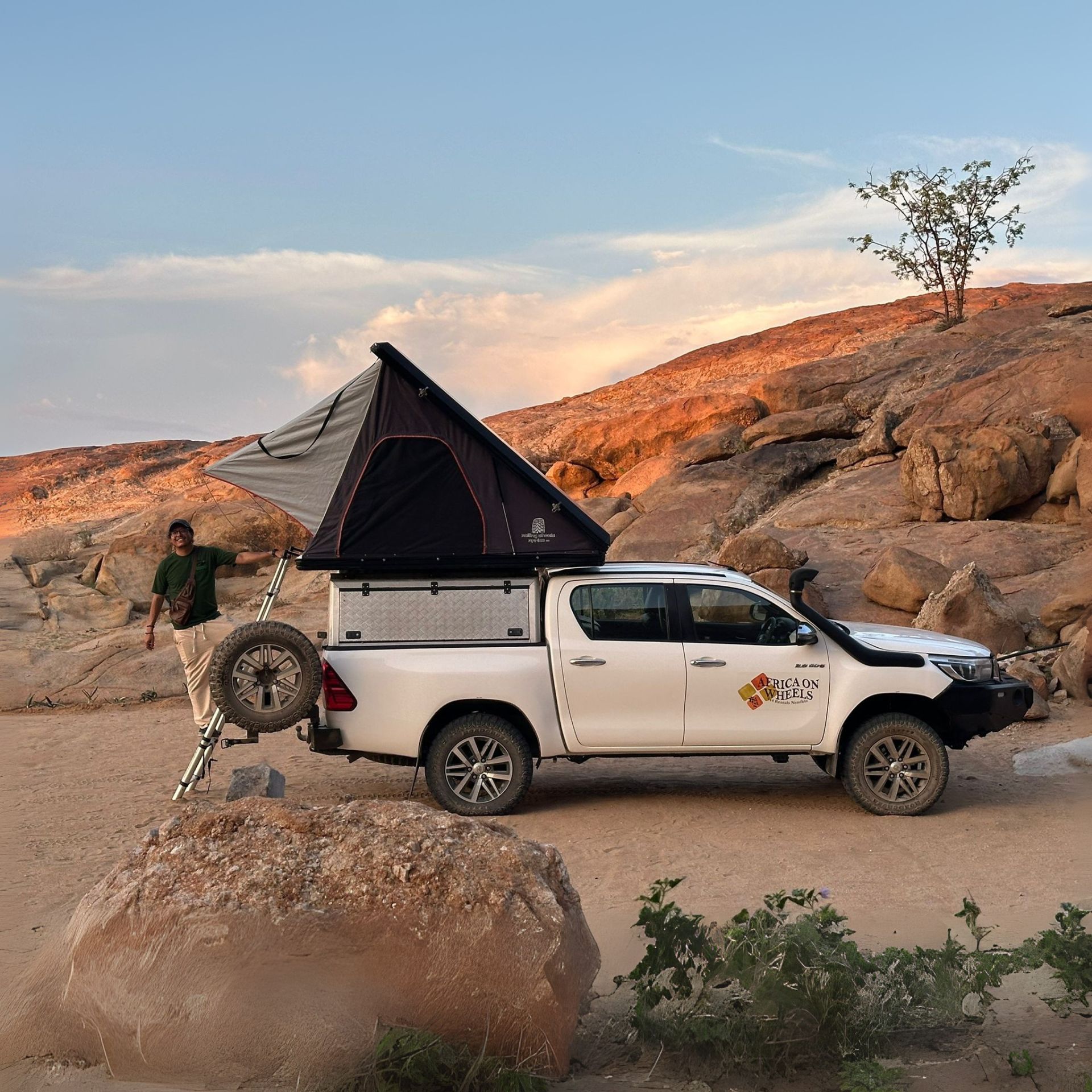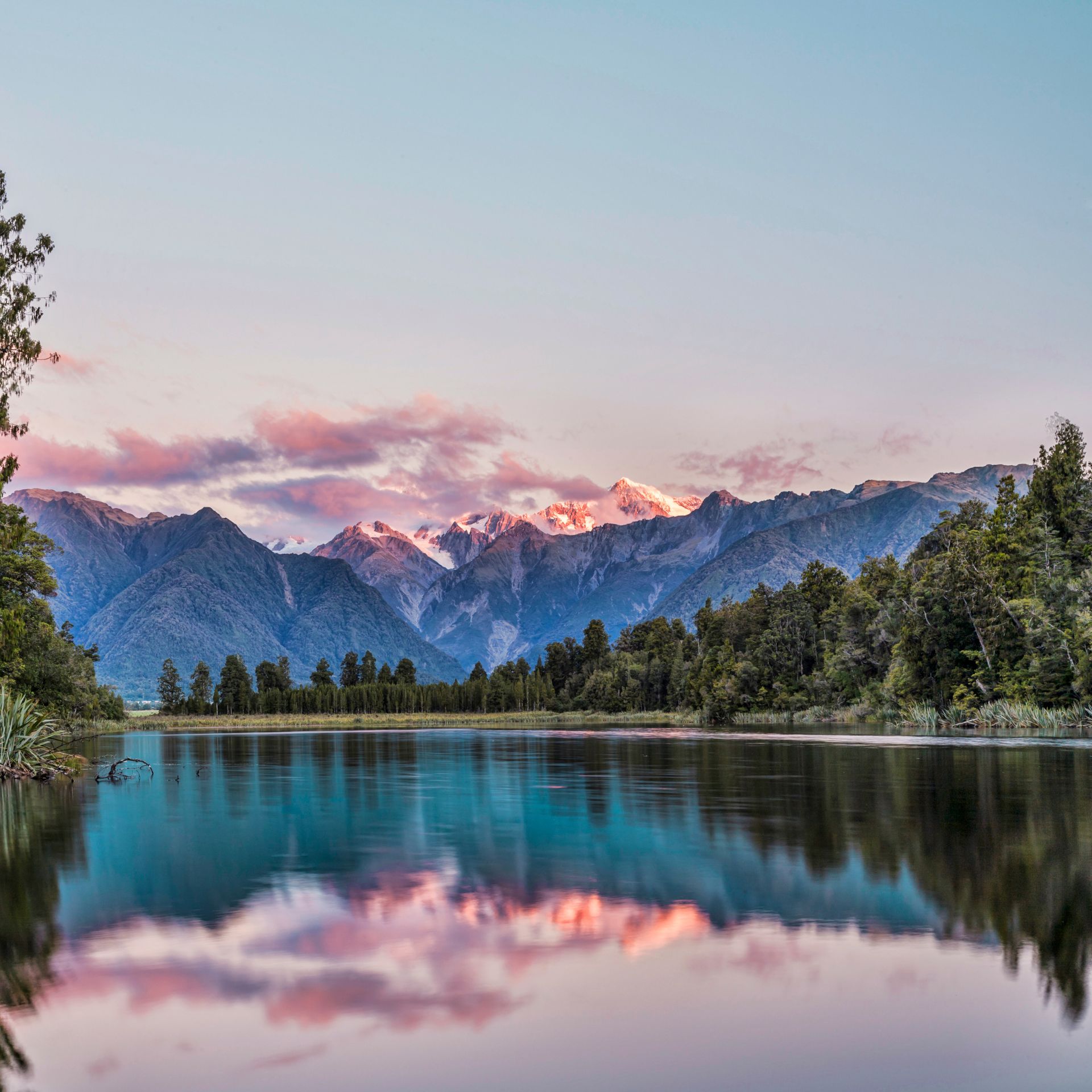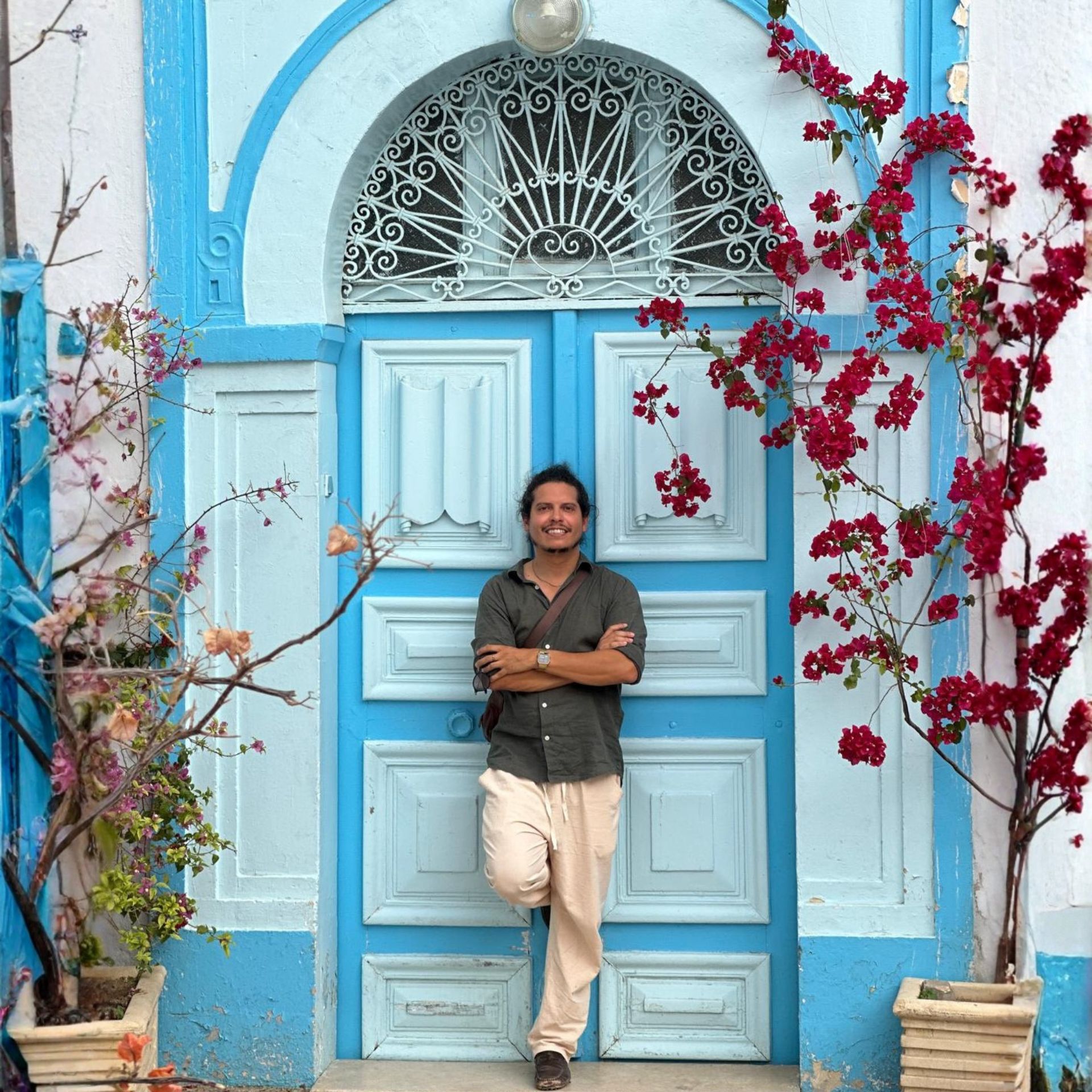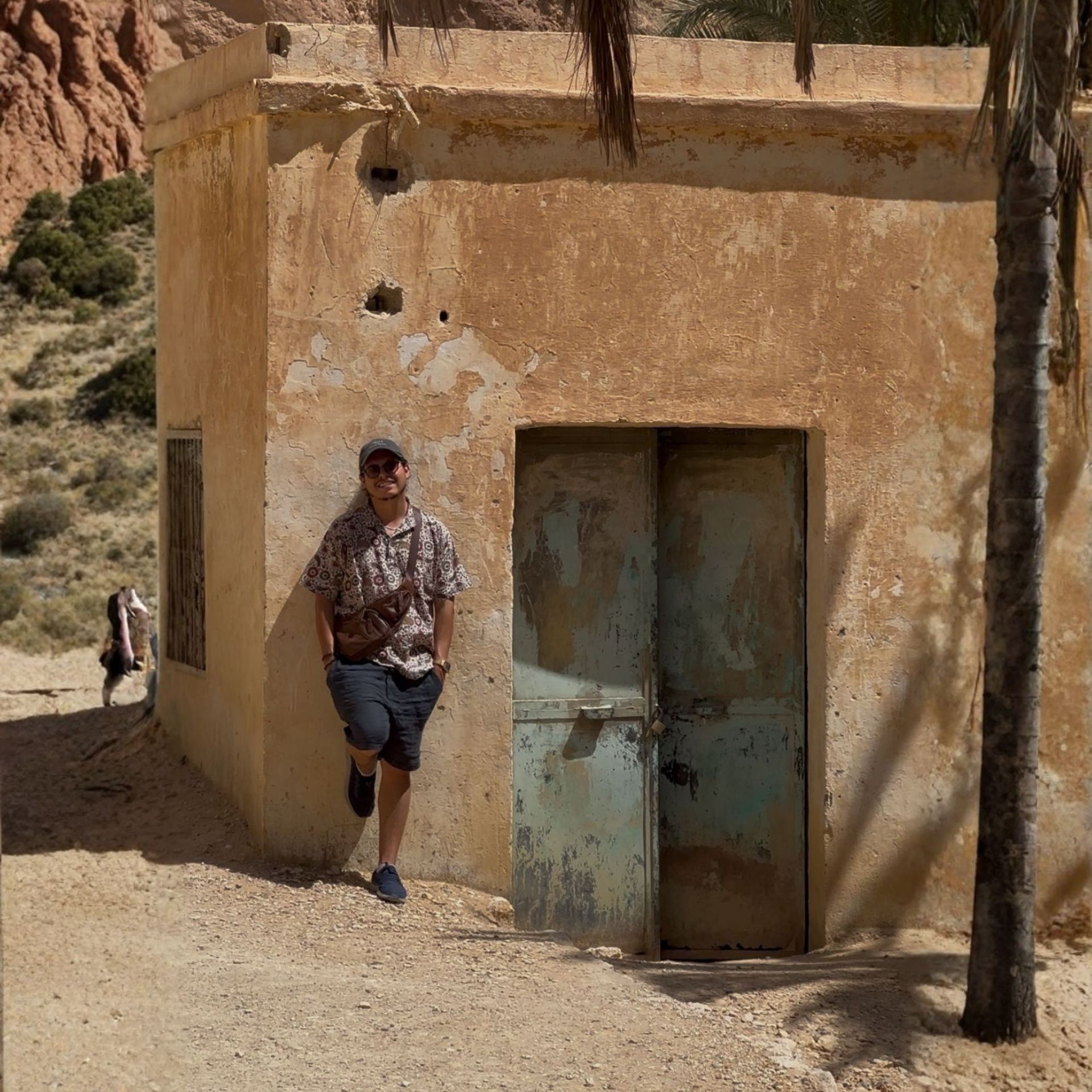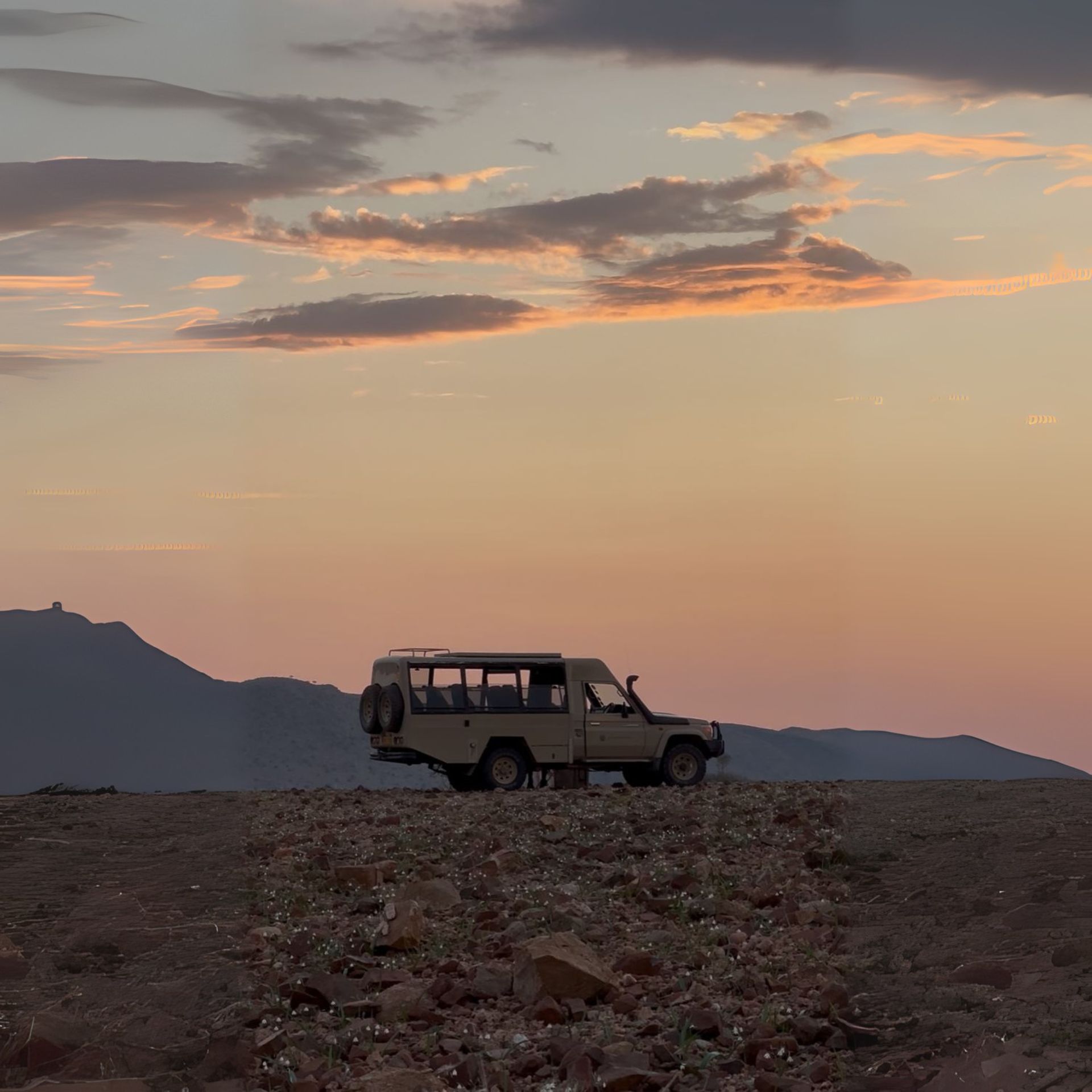A safari trip is always a lifetime experience. These are the key differences between private conservancies and national parks.
I will never get bored of doing a safari. This is one of the most beautiful travel experiences there is, and no matter which safari country I visit or which park I decide to go to, going on a safari always feels like the very first time.
Masai Mara, Serengeti, Kruger, or Etosha. These are all safari hotspots to visit. However, while there are sections that have public access to the national park, other premises inside the park are fully secluded from tourism and are protected by privates. These are called conservancies, and when you do a safari, you get the option to decide if you want to visit a private conservancy or stay at the public premises of the national park.
Learn everything about safaris in my “safari only” section
Read more: How to choose the perfect African safari trip

I visited the Zimbabwean private conservancies at Hwange National Park and Mana Pools National Park that belong to Wilderness. This is one of the oldest safari companies in the world, and unlike most safari operators you will find, they only operate on their own private conservancies all around Africa.
Yes, visiting a private conservancy is expensive, very expensive! Still, I want to break down my experience with Wilderness and give a detailed guide on what is the biggest difference between visiting a private conservancy and the public areas of a national park.
Read more: Reintroducing Wildlife and Its Role in Wildlife Conservation in Malawi
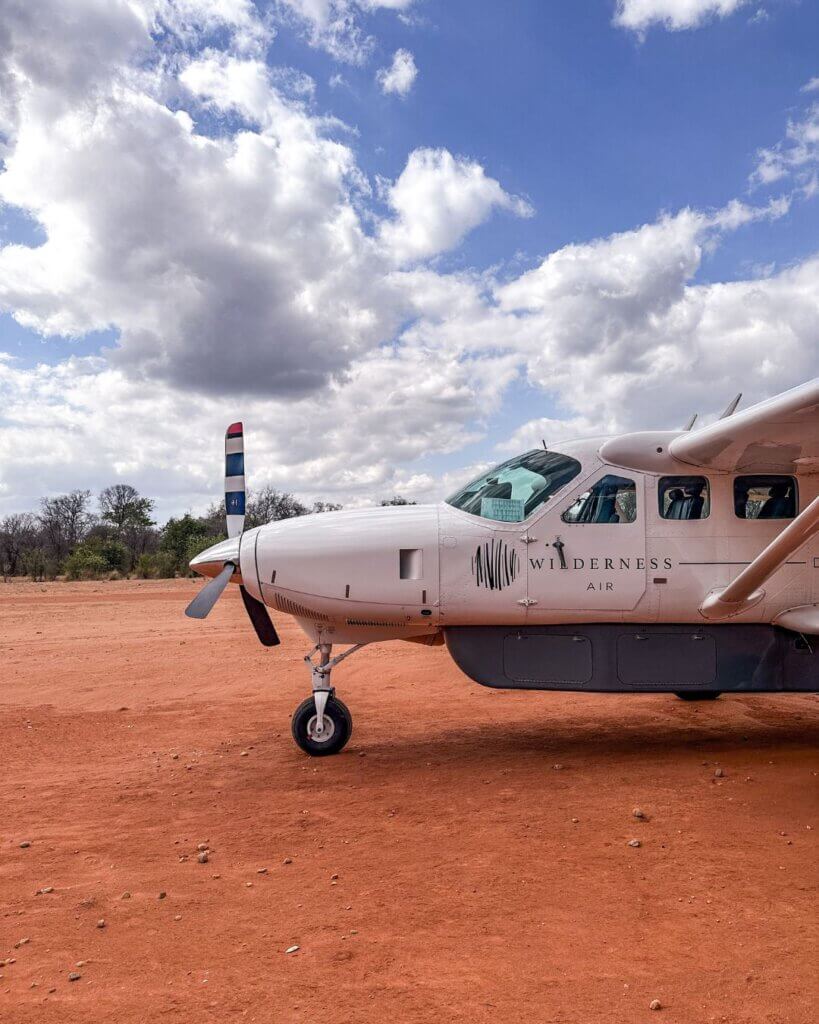
Private Conservancies: Intimate Encounters
A safari trip is already an exclusive experience for many people, yet one of the most rewarding experiences in a lifetime. People from all over the world flock to the key parks of Africa to experience this, and sometimes, overtourism might affect this magical moment.
Private conservancies offer an intimate and exclusive setting for wildlife enthusiasts seeking encounters with Africa’s iconic species. With limited visitor numbers, these conservancies provide a sense of seclusion, allowing for unobstructed views of wildlife without the crowds.
Flexibility and Off-Road Adventures
One of the defining features of private conservancies is the flexibility in safari activities. Unlike national parks, conservancies often allow off-road excursions, granting you the opportunity to track elusive predators or follow the path of a majestic elephant. This flexibility ensures a personalized and immersive wildlife experience.
Read more: The importance of reintroducing wildlife at Africa’s national parks

Immersive Luxury: Accommodations in Harmony with Nature
Beyond the wildlife, private reserves often boast luxurious accommodations seamlessly integrated into the natural surroundings. Picture yourself staying in a safari lodge, where the line between your room and the wilderness blurs. This immersive experience enhances the overall journey, offering comfort without compromising on the thrill of being in the heart of untamed landscapes.
Private conservancies are not huge Hilton resorts or Marriott lodges. Wilderness camps, for example, adapt their architecture to the environment in ways I didn’t expect. Colors, design, and the whole idea of being in the wild get fully embraced by them.
In such a unique environment, it was normal to have elephants drinking water from our pool or observing hippos roaming just a few meters away from our balconies.

Conservation at its Core
Supporting local conservation efforts is an inherent aspect of private conservancies. Many operate with a commitment to preserving the natural habitat and wildlife, contributing to the sustainability of ecosystems. By choosing a private conservancy, you actively participate in conservation initiatives, making your safari an ethical and impactful journey.
For example, Wilderness supports several projects all across Africa that focus on the conservation of endangered species. Every safari camp from Wilderness has books and information about these projects and how your visit is supporting wildlife to survive.
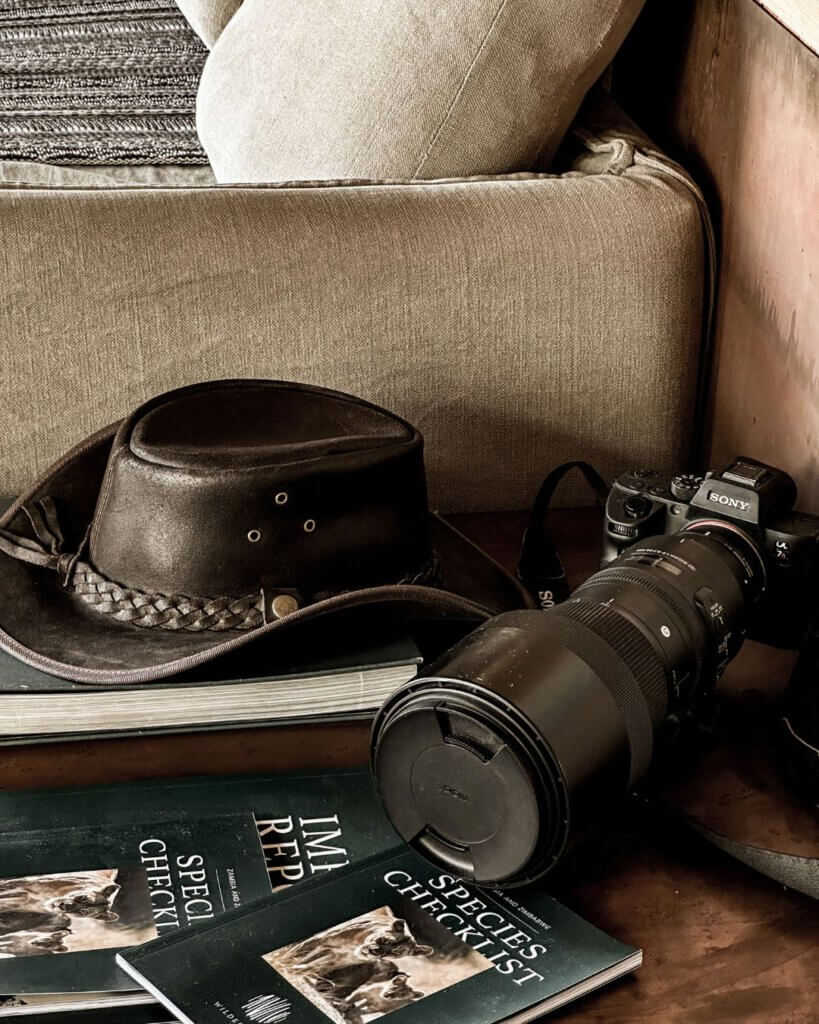
National Parks: Grandeur on a Grand Scale
National parks characterize the vastness and grandeur of Africa’s untamed landscapes. These protected areas showcase an abundance of wildlife in these unique ecosystems. There is nothing like the first time you can get a feeling of how vast Serengeti is.
If your safari dreams involve witnessing the sheer scale of the animal kingdom in its natural habitat, your budget plays a big role in the decision you make, and you don’t mind having a few dozens cars on the peak times around you; a national park may be your ideal choice.
Iconic Landmarks and Diverse Habitats
National parks are the epitome of vast, untouched landscapes, showcasing the magic of Africa’s diverse ecosystems. If your safari dream involves witnessing the sheer scale of the animal kingdom in its natural habitat, a national park might be your ideal choice. These protected areas are expansive, providing a canvas for nature to paint its most magnificent portraits.

Landmarks, Diversity, and Dramatic Habitats
National parks are often home to iconic landmarks and a variety of ecosystems. From the endless plains of the Serengeti to the lush wetlands of the Okavango Delta, each park unfolds a different chapter in the story of the wild. The sheer diversity of habitats ensures a dynamic safari experience, offering a mix of landscapes and wildlife encounters.
Infrastructure and Accessibility: A Seamless Safari Experience
National parks come with established infrastructure, making your safari experience more structured and accessible. Accommodations range from comfortable lodges to well-maintained campsites. Ranger-guided tours and maintained roads enhance ease of exploration, providing a smooth and comprehensive safari adventure.
Conservation on a Grand Scale
Preserving the immense landscapes within national parks is a monumental task. These areas are vital for the conservation of entire ecosystems and the protection of numerous species. Visiting a national park contributes directly to these conservation efforts, ensuring that these vast, untouched spaces remain sanctuaries for wildlife.
Read more: These are the best activities in Victoria Falls

Choosing Your Wild Journey: What Feels Right for You?
Personal experience in a private reserve or are you enticed by the vast landscapes of national parks? It all comes down to what makes your heart beat faster.
If you love the idea of having the wild all to yourself, where fewer people mean more personal wildlife moments, then a private reserve is your scene. Imagine tracking animals off the regular paths, following them on their journeys, and making a real impact on nature conservation while you’re at it.
On the flip side, if you’re all about big, untouched landscapes and seeing a bit of everything, a national park might be more your vibe. These places have iconic landmarks, diverse habitats, and everything set up nice and easy for you – from comfy stays to guided tours.
Read more: How to plan a trip to Victoria Falls
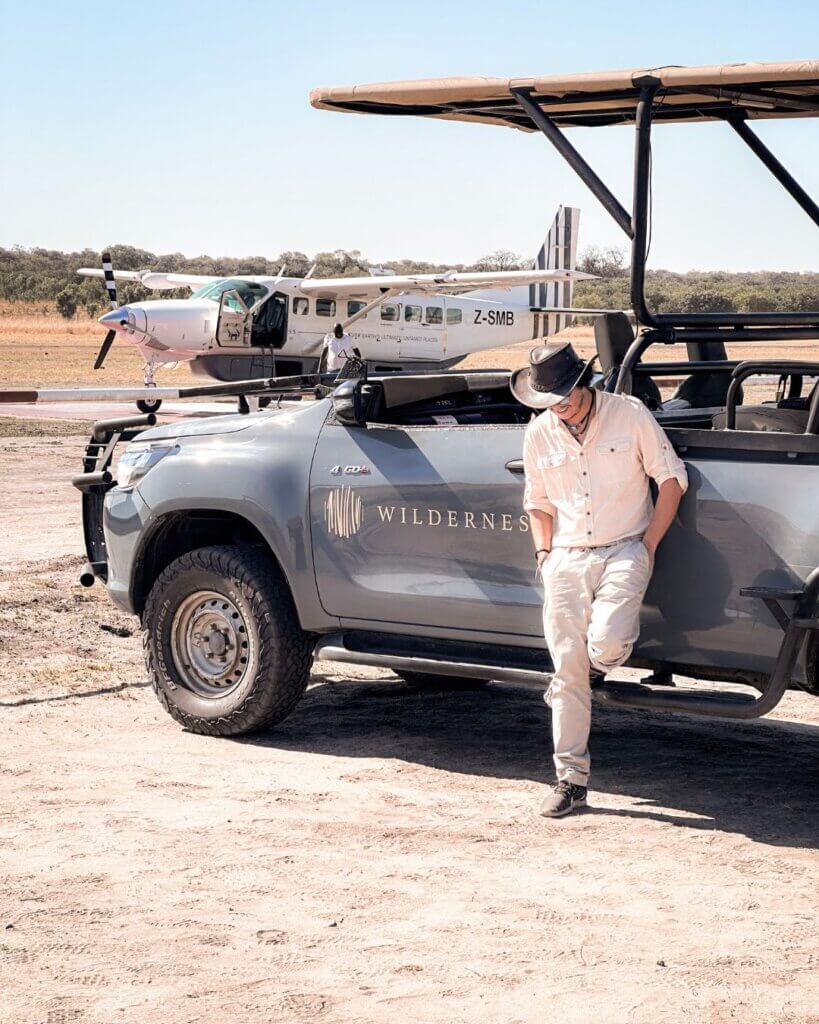
Would I go to a private conservancy again?
Yes! My trip to Zimbabwe with Wilderness was a dreamlike experience. It was a luxurious trip I can imagine people doing on their honeymoon or a very special date. The attention to detail and the service of this company made me feel completely different. After doing over 50 safaris in 10 African countries, this was by far one of the most memorable trips.
If you want to learn more about Wilderness, their projects and their products, check out their website and get in touch with one of their agents.
Read more: All you need to know about Hwange National Park in Zimbabwe


